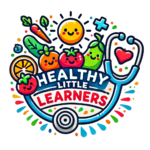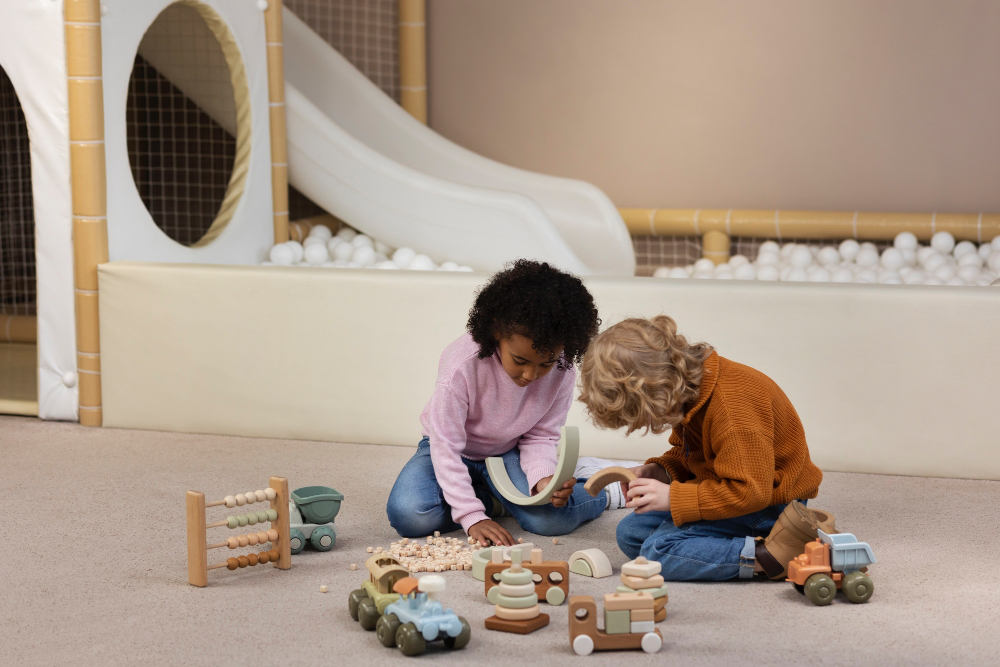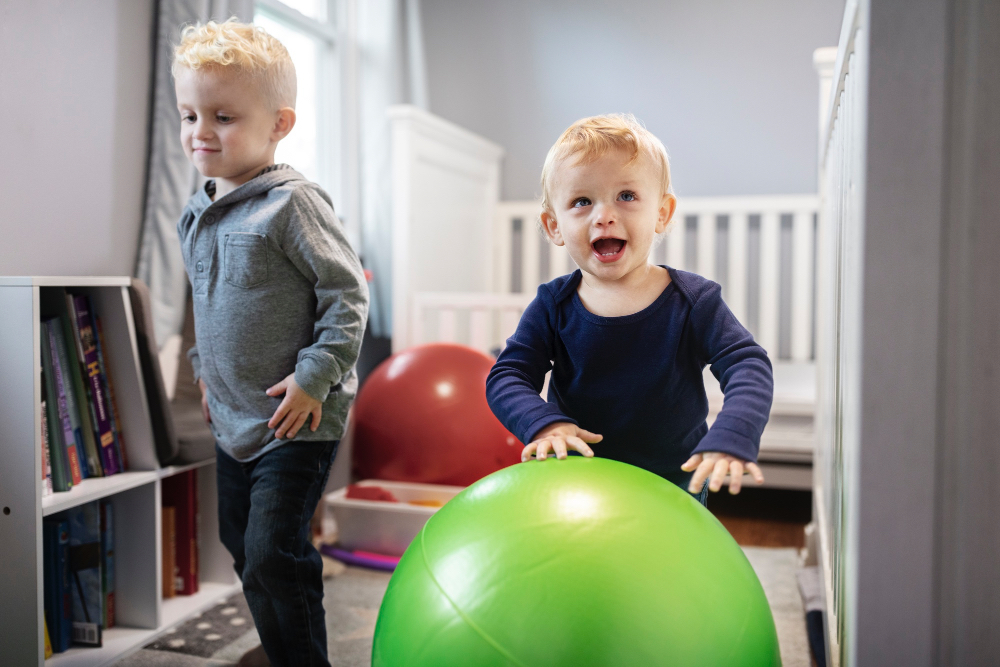Play is a fundamental part of preschool learning, providing children with the opportunity to explore, create, and interact in a safe and structured environment. Through play, children develop essential skills that prepare them for future academic and social success. In this article, we’ll delve into the role of play in preschool learning and how it supports a child’s emotional, social, and cognitive growth.
1. Social Development Through Play
Play encourages children to interact, share, and collaborate with their peers, building social skills that are crucial for preschool learning.
- Learning Cooperation: Group play activities, like building with blocks or playing house, teach children to work together, take turns, and respect each other’s ideas.
- Communication Skills: By engaging in role-play or cooperative games, preschoolers practice expressing themselves, listening to others, and building empathy.
2. Emotional Growth and Self-Regulation
Play helps preschoolers understand and express their emotions, an important part of learning and emotional regulation.
- Expressing Emotions: Through pretend play, children can explore different roles and scenarios, which helps them identify and manage their emotions.
- Building Resilience: Games and play activities that involve problem-solving or minor challenges allow children to experience success and failure in a safe setting, fostering resilience.
3. Cognitive Development Through Exploration
Play encourages cognitive growth by allowing children to engage in problem-solving, creativity, and critical thinking.
- Problem-Solving Skills: Activities like puzzles, matching games, and building toys challenge children to think critically, recognize patterns, and develop solutions.
- Creative Thinking: Open-ended play, such as drawing, painting, or playing with clay, encourages children to use their imagination, boosting creativity and self-expression.
4. Physical Development Through Active Play
Physical play promotes motor skill development, coordination, and overall physical health.
- Fine Motor Skills: Activities like cutting with child-safe scissors, stacking blocks, or stringing beads help preschoolers strengthen their fine motor skills.
- Gross Motor Skills: Active play, such as running, climbing, and jumping, supports the development of gross motor skills and contributes to overall fitness.
5. Encouraging Curiosity and Exploration
Play allows children to explore their surroundings, ask questions, and discover new concepts, all of which are essential to learning.
- Scientific Inquiry: Sensory play with sand, water, or nature elements introduces children to basic scientific concepts and encourages curiosity.
- Math Concepts: Simple games involving counting, sorting, or shape recognition introduce foundational math skills in a fun and engaging way.
Conclusion:
The role of play in preschool learning is invaluable, providing a foundation for social, emotional, cognitive, and physical development. By incorporating play into learning, preschools create a nurturing environment where children can grow, explore, and prepare for their educational journey. Encouraging play at this stage promotes a lifelong love of learning and development.



